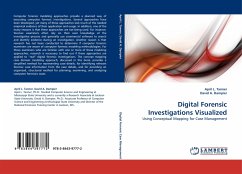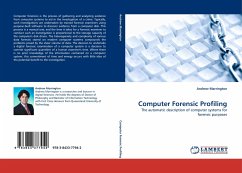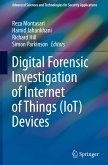Computer forensic modeling approaches provide a planned way of executing computer forensic investigations. Several approaches have been developed, yet many of these approaches lack much of the needed empirical evidence of their application and usage. In addition, one of the many reasons is that these approaches are not being used. For instance, forensic examiners often rely on their own knowledge of the investigative process and generally use commercial software to search and identify evidence during an investigation. Another reason is that research has not been conducted to determine if computer forensic examiners are aware of computer forensic modeling methodologies. For those examiners who are familiar with one or more of these modeling approaches, research is necessary to find out if these approaches are applied to real digital forensic investigations. The concept mapping case domain modeling approach, discussed in this book, provides a simplified method for representing casedetails, for identifying relevant forensic case information from the case details, and for providing an organized, structured method for planning, examining, and analyzing computer forensics cases.
Bitte wählen Sie Ihr Anliegen aus.
Rechnungen
Retourenschein anfordern
Bestellstatus
Storno








